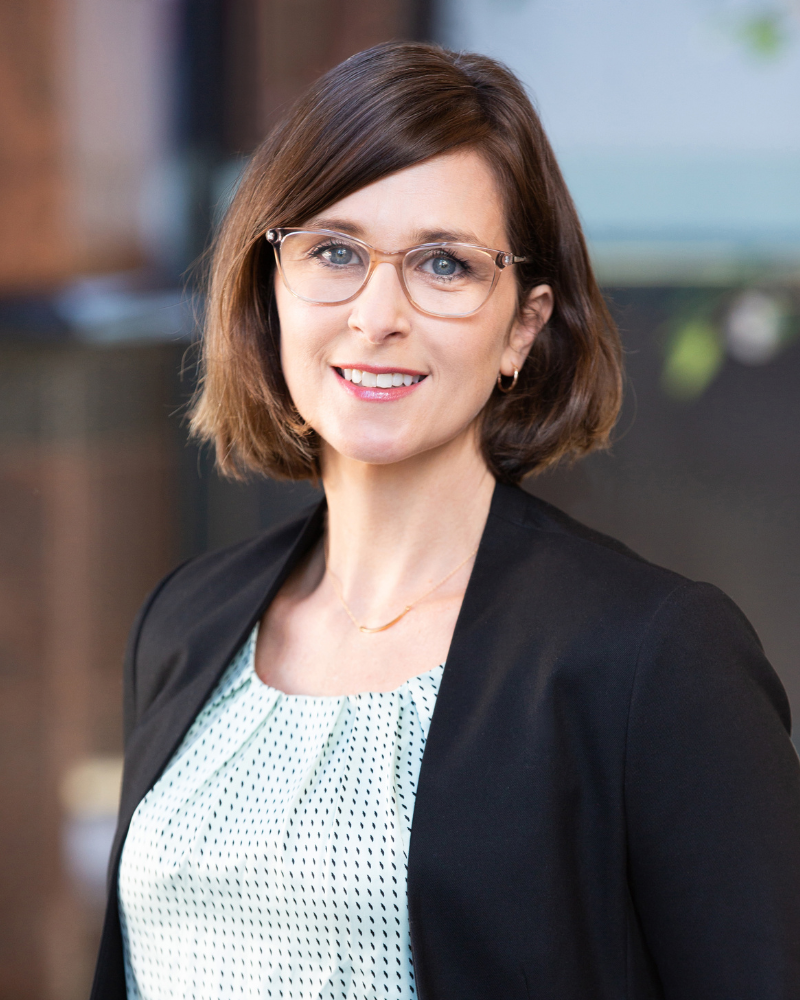What motivates you to do what you do?
I love research and science. The diversity of the role is the reason I never get bored – there’s always something going on and it’s always a little bit different. I get to talk to people who are leaders in their field, pick their brains, find out their vision for the future, then do the same thing with industry. It’s a privilege to be across both worlds – not many people get access to that.
The work is broad; I needed to upskill quickly and become a generalist, always thinking about what’s possible. It’s a very grey space – not all university and not quite corporate – you have to be comfortable with that and I am because it allows me to move, be fluid and flexible. The biggest challenge is bringing the moving parts together: right concept, right team, right time and the funding to drive it all. This doesn’t always happen first time.
What’s the best-case scenario that can come out of a positive partnership between researchers and industry?
In a word, impact. When industry needs a research-based solution to a particular problem, they will be your end users; they will help define what is needed and translate the research to something useful to people. Impact is a key motivator for academics too. The sweet spot is the crossover where industry reaches into the research world to offer needs-based guidance and their vision of a finished product or solved problem – that’s when collaboration hums.
In many ways we’re trying to promote the unknown and the invisible, future needs that will only make themselves clear as society and research move forward. Research is always about discovery – you don’t always know where you’re going to end up. We need to embrace that uncertainty, alongside our industry partners, and recognise we’re on this journey together. That takes courage because there are no guarantees. What struck me when I returned to New Zealand was how industry-focused our universities are, compared to the UK where they receive much more financial support from the government. Here, university researchers are constantly looking at different sources of funding and building industry networks.
If you could give some advice to your 18-year-old self, what would it be?
Have courage! Just take that step and be brave enough to try something different. Embrace more moments like that time I saw a flyer on the wall and decided to move to Korea. Those scary steps forward are the times when great things happen. I wish I’d taken more of them earlier.
